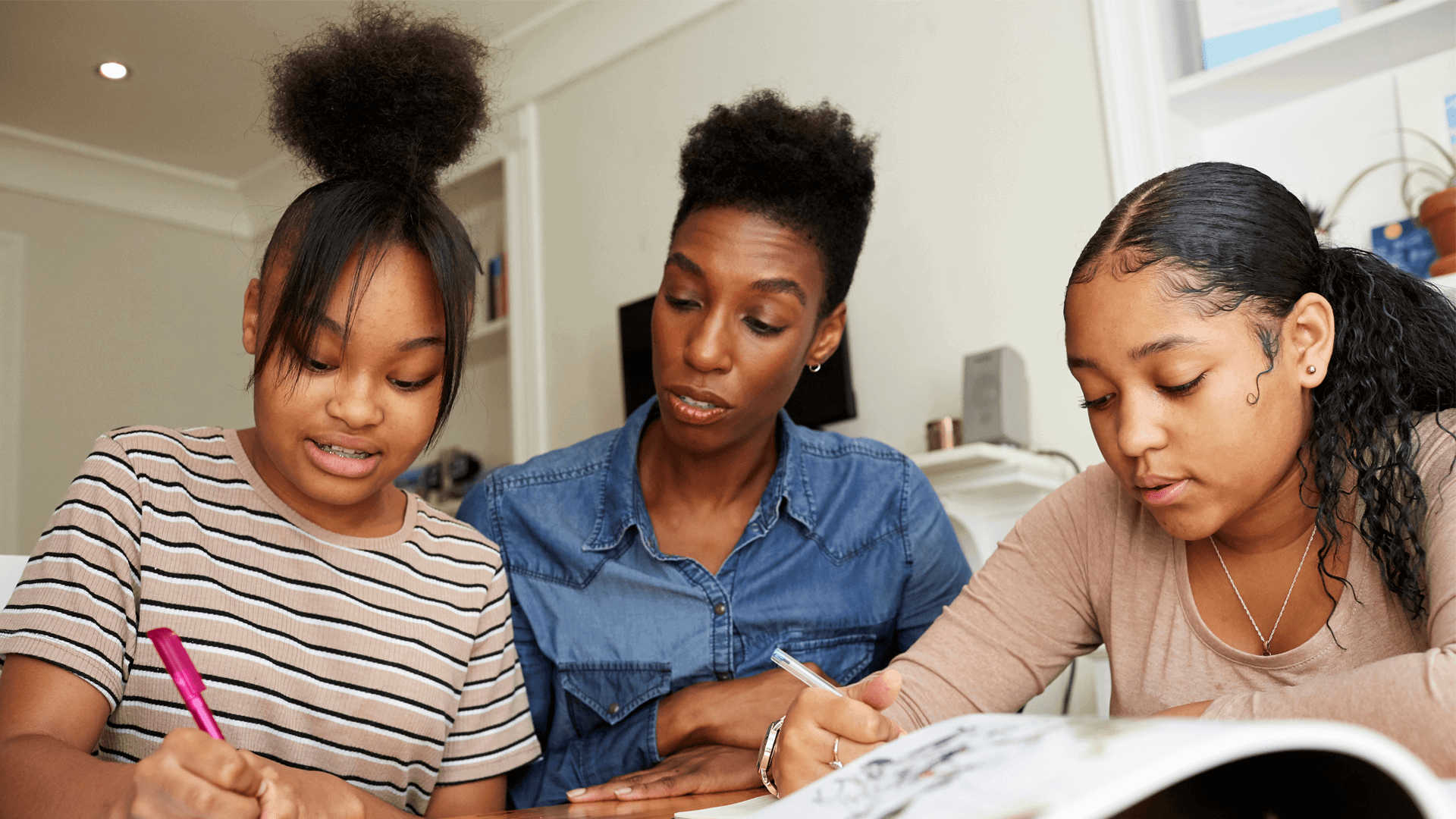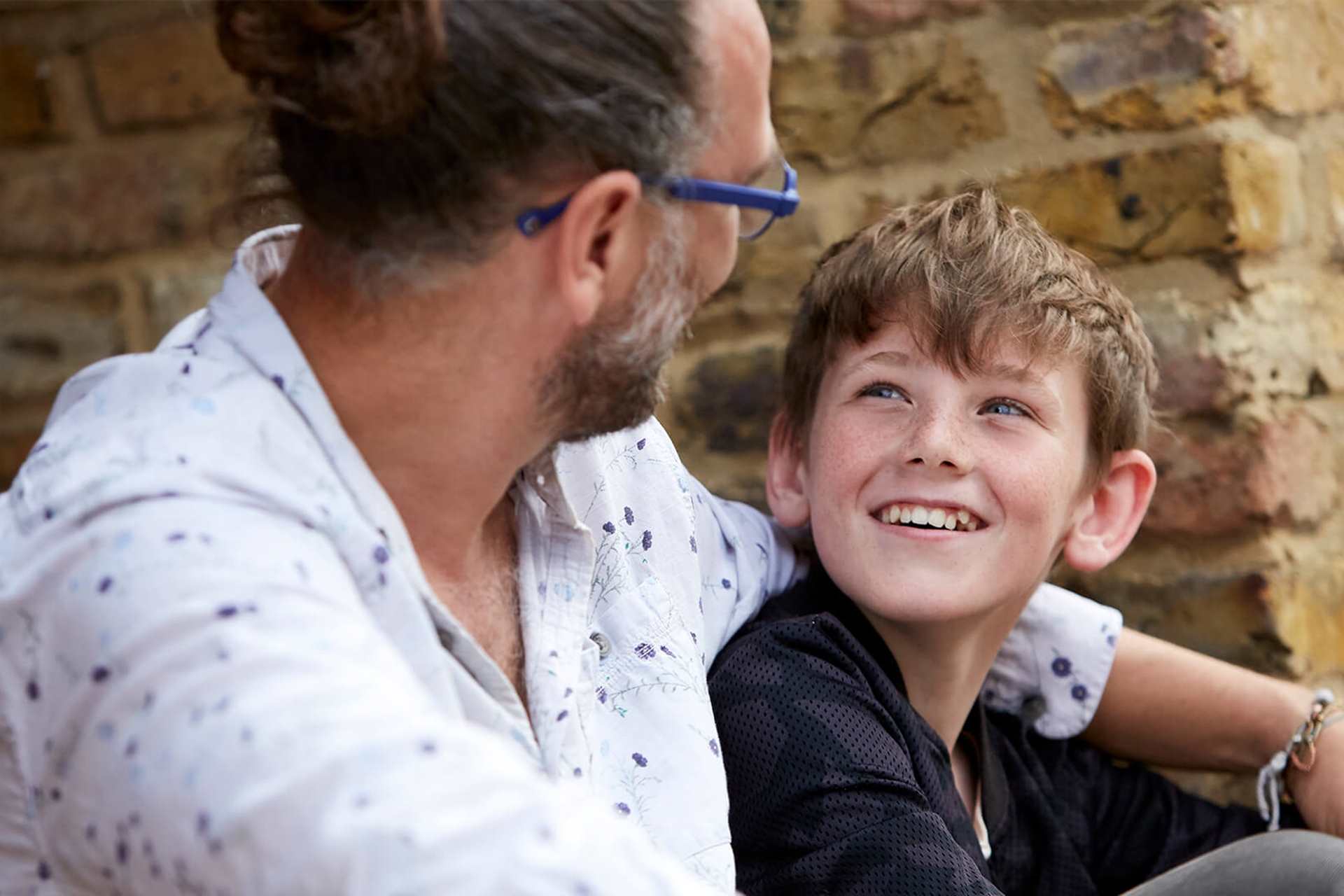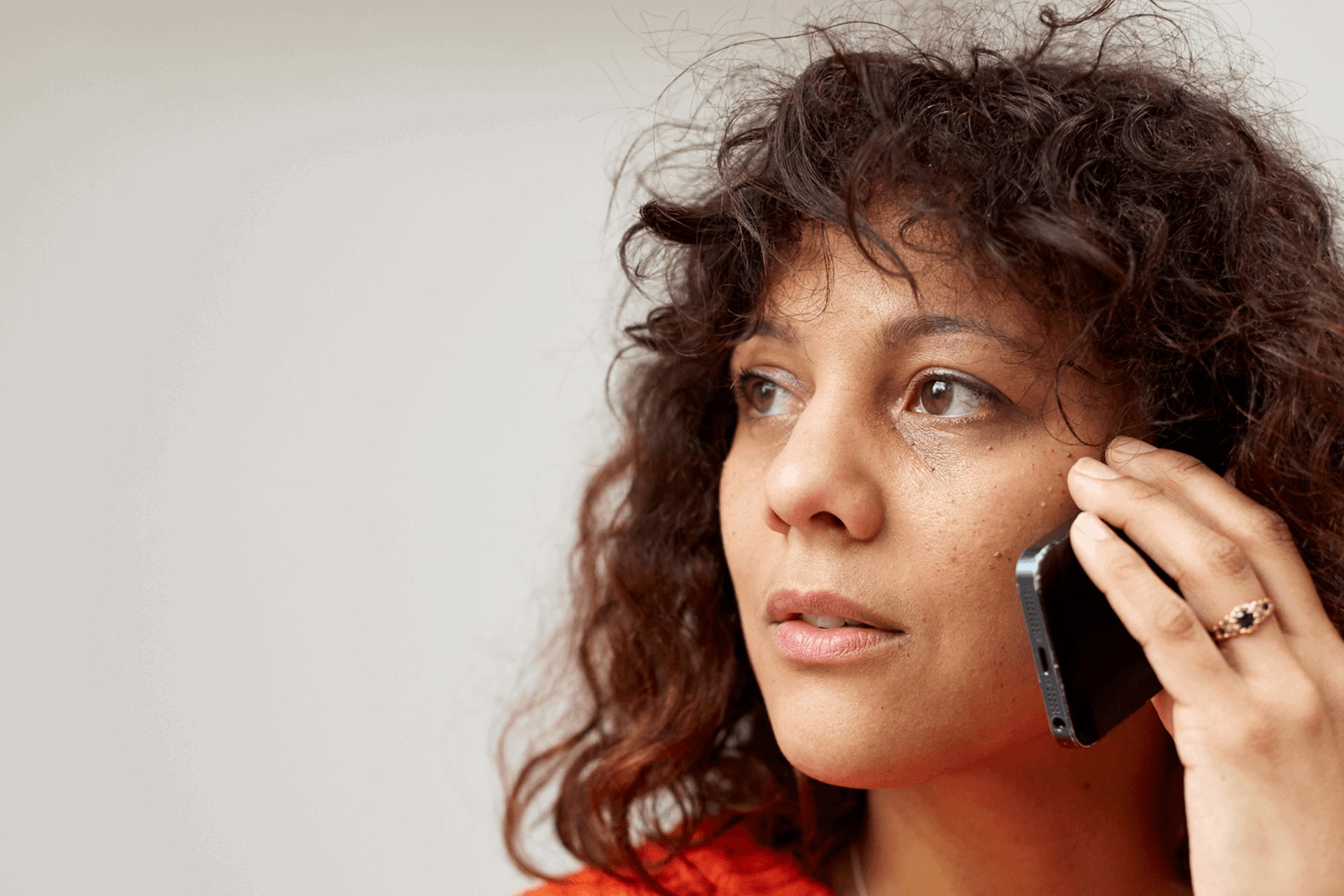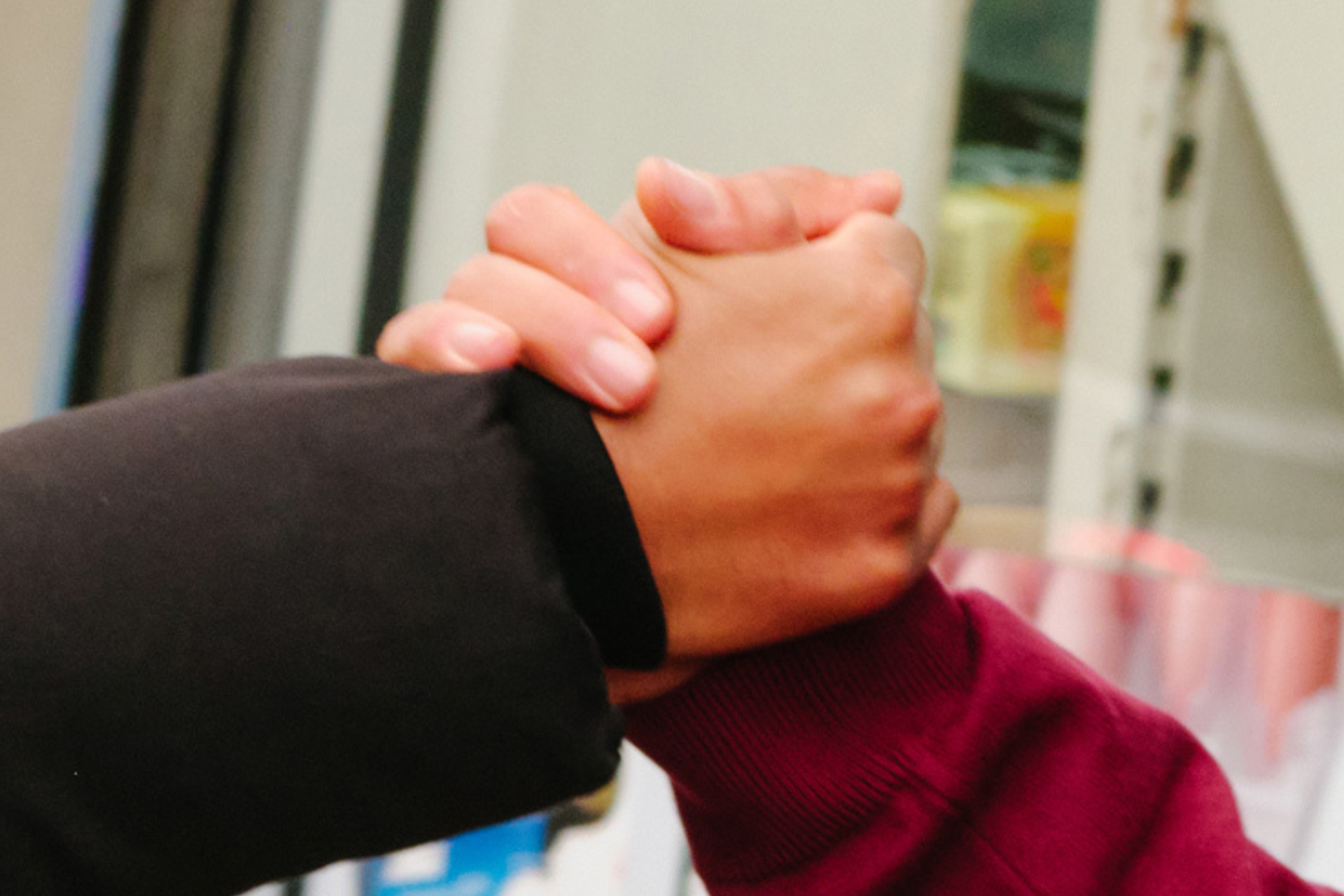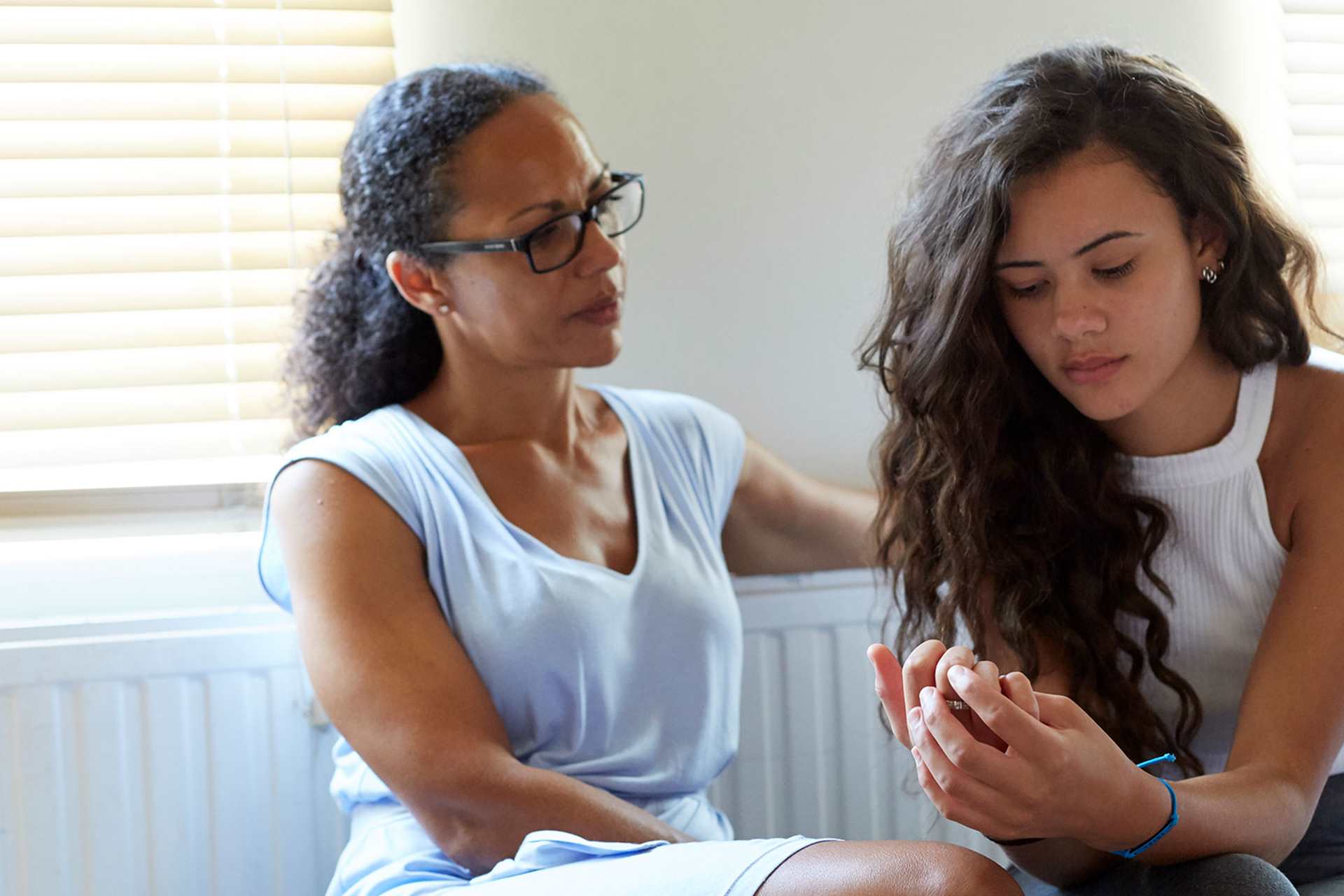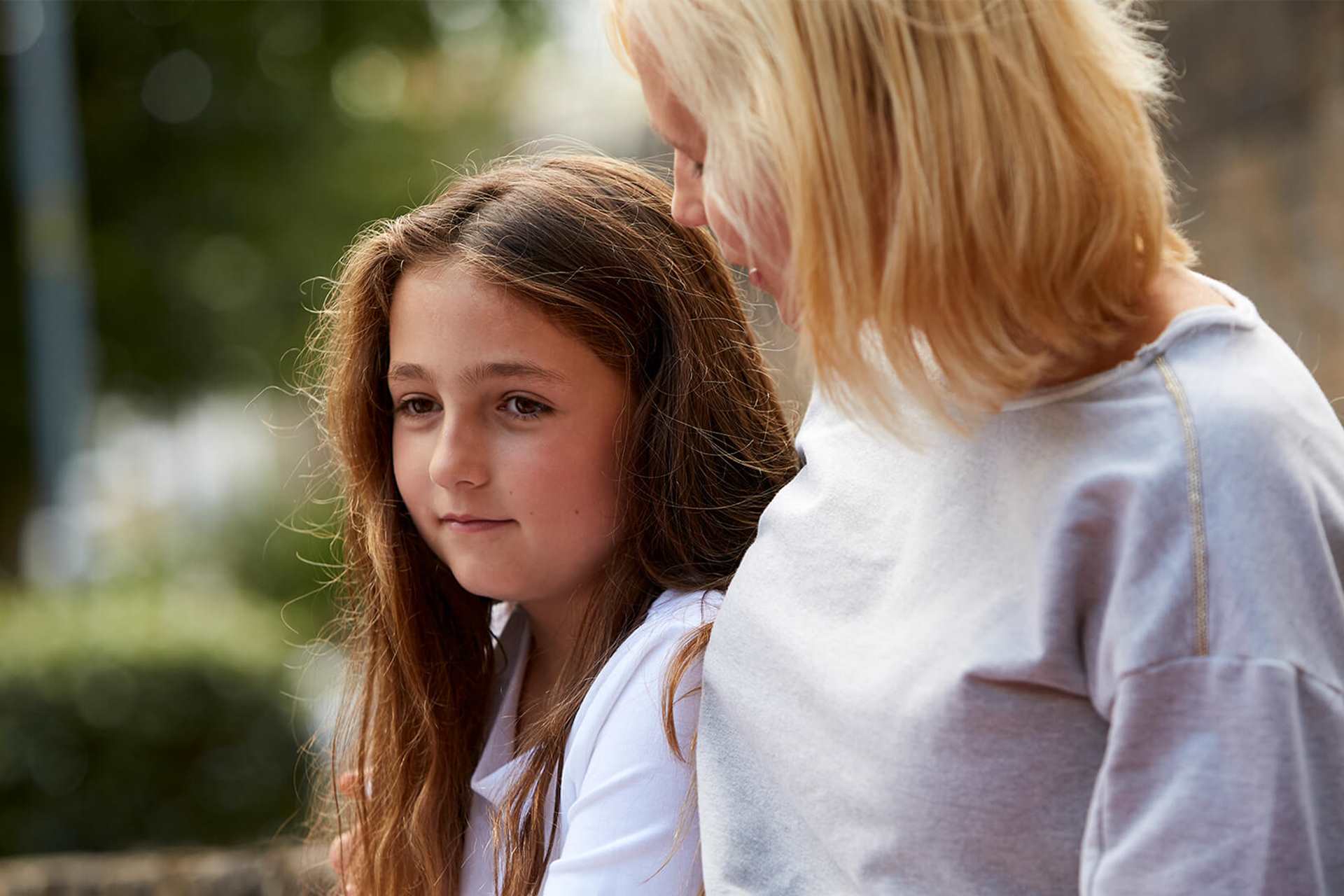Topics mentioned: Coronavirus and mental health, looking after yourself as a parent
This is a really challenging time for families. Parents are experiencing a sudden change in their lives and routines – and are having to balance children being home full time alongside jobs, employment and health worries, financial concerns and care for vulnerable family members. This is inevitably going to feel stressful at times. Remember, it’s okay if things don’t always feel okay at the moment.
As parents, there are things you can do to help daily life feel as manageable as possible for you and your family. Here we share our top tips for coping with isolation, activities you can do at home with your children, advice for parents from young people, and ideas for how you can make sure you’re also looking after your own wellbeing.
We know that parents are being offered lots of information, advice and online activities to help them support their children through the coronavirus pandemic – so also keep reminding yourself that you can only do your best, and you don’t need to make every day a family fairground!
keep reminding yourself that you can only do your best, and you don’t need to make every day a family fairground!
Top tips for coping with isolation
Here are our top tips for coping with lockdown:
Keep a daily routine going as much as possible, while also allowing for the fact that things will be different and trying not to give yourself a hard time about this. A meal planner might help to structure your days, breaking up the time and giving your family regular opportunities to gather together.
Get some fresh air and exercise together every day – whether that’s walking, running, scooting, skipping, doing an online workout or an egg and spoon race in the garden! This is really important for wellbeing and helps to lift our mood.
The Government is currently advising that people can go outside with people they live with once a day for exercise – as long as no one in the household is showing symptoms or has a condition that means they need to isolate more strictly.
Having contact with our support networks is really important at the moment – and you and your children can keep in touch with people using free apps such as Whatsapp, Facetime, Zoom, Skype, Google Hangouts and more.
If you’re in touch with other parents from your child’s class, can you come up with some ideas together for staying connected?
Ask your children what their favourite indoor activities are and use them to make a lucky dip or boredom jar. Write their ideas down on strips of paper and keep them in any container you’ve got, such as a bag, bowl, jar or hat. In moments of boredom or struggle, invite them to choose something they know they enjoy doing.
Depending on their age, activities could include crafting, making playdough, dressing up, baking or cooking, watching their favourite film or playing a video or board game with you.
Young people’s advice for parents
We asked young people what they’d say to parents to help them support themselves and their family through the coronavirus pandemic. Here's what they said:
-
Listen to your child and find out what will help them as an individual.
-
Be patient with each other.
-
Don’t check the news all the time or spend lots of time on your phone when you don’t need to. Check the news once or twice a day for important updates and focus on doing positive stuff together the rest of the time.
-
Make the most of the opportunity for family time. Do activities together that help you bond, show an interest in your child’s hobbies and consider choosing a new skill to learn together.
-
Especially with teenagers, respect your child’s boundaries. Find ways to connect and spend time together without being on top of each other 24/7. If your child doesn’t feel like talking, let them know you’re there and wait until they’re ready.
-
Remember you’re doing your best as a parent. You will get frustrated and stressed – this doesn’t mean you’re a bad parent. It’s okay to take some time for yourself.
Looking after yourself
As parents, you will often be thinking about your children's health, wellbeing and feelings first – but remember you are just as important. This is a really difficult and challenging situation, and you need to find ways to take care of yourself so that you can continue supporting your children.
Here are our tips for looking after yourself in lockdown:
We are living in uncertain times and it is completely natural to feel stressed and anxious – so try not to put pressure on yourself to feel fine or normal.
It might help to create a plan for your day each morning with your family – so that you can fit school work, family time, exercise, meals and me-time in. But don’t be hard on yourself when the routine is difficult to stick to and things are different – all of our routines have changed and this is unavoidable.
Remember that you can only do your best to support your children with their school work.
It might be really difficult to find time, or even space, for yourself at the moment – but it is important that you do something each day that you enjoy. It might be watching that Netflix series you’ve been meaning to start, having a soak in the bath, doing some exercise or reading a book. Whatever it is, make sure you take some time for yourself.
Now more than ever, it is so important for us to keep in touch with our friends, families and work colleagues – so make use of the instant messaging and video calling services that are out there, and keep catching up regularly.
Try not to compare yourself to what other families are doing or the way they’re handling this. We’re all doing our best and we’re coping with different stresses and situations.
Seek support and ask for help if you are struggling with your mental health during this period. Keep in touch with your GP by phone or online if you need to, and make use of helplines and other organisations that may still be able to offer online or phone support.
Try not to compare yourself to what other families are doing or the way they’re handling this. We’re all doing our best and we’re coping with different stresses and situations.
Where to get help
-
Youth Access
Provides information about local counselling and advice services for young people aged 11-25.
Put in your location and what you need help with into their 'Find help' search, and see what services are available in your area.
-
Family Line
Provides information and support around family issues, as well as longer-term help through Befrienders and Counsellors.
- Opening times:
- 9am - 9pm, Monday - Friday
-
NSPCC
Information and advice for any adult concerned about the safety or wellbeing of a child.
Fill out the online contact form.
- Opening times:
- 8am - 10pm, Monday - Friday; 9am - 6pm at weekends
Spread the word
